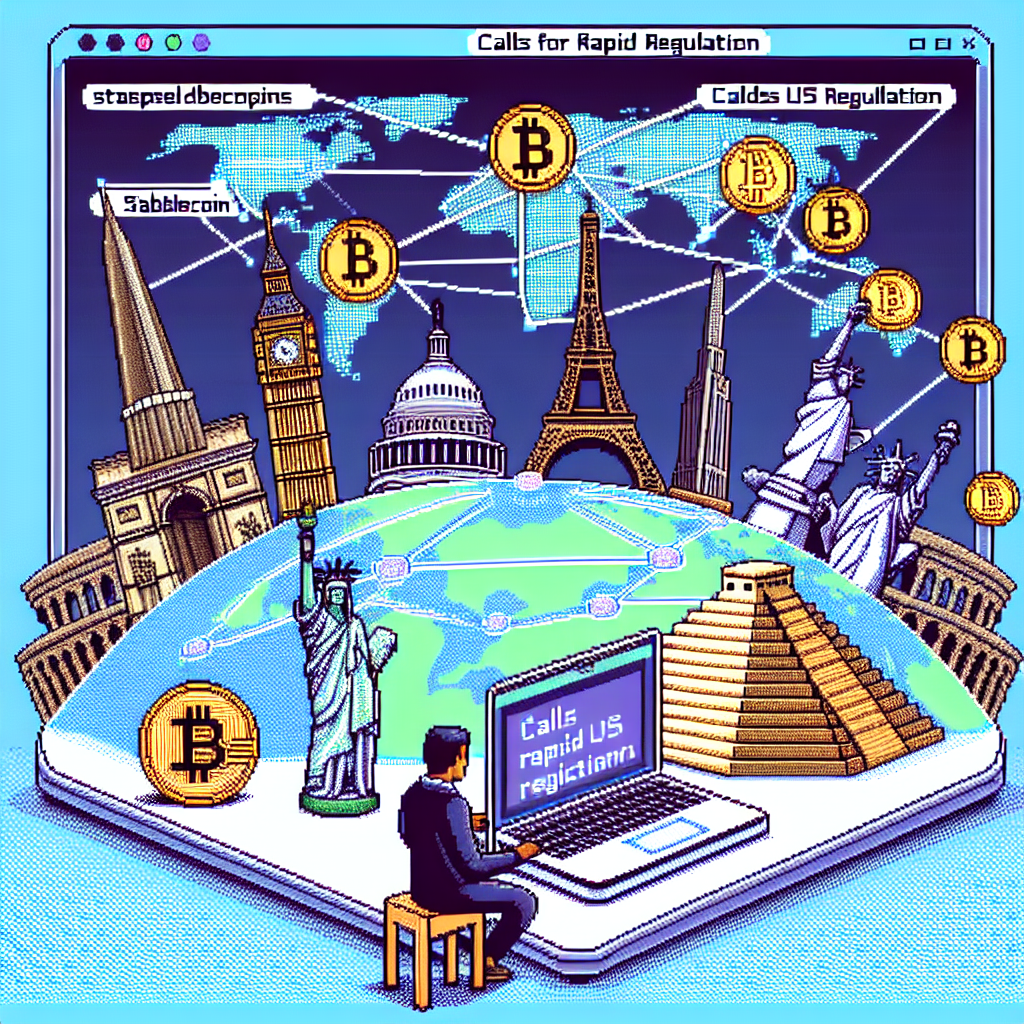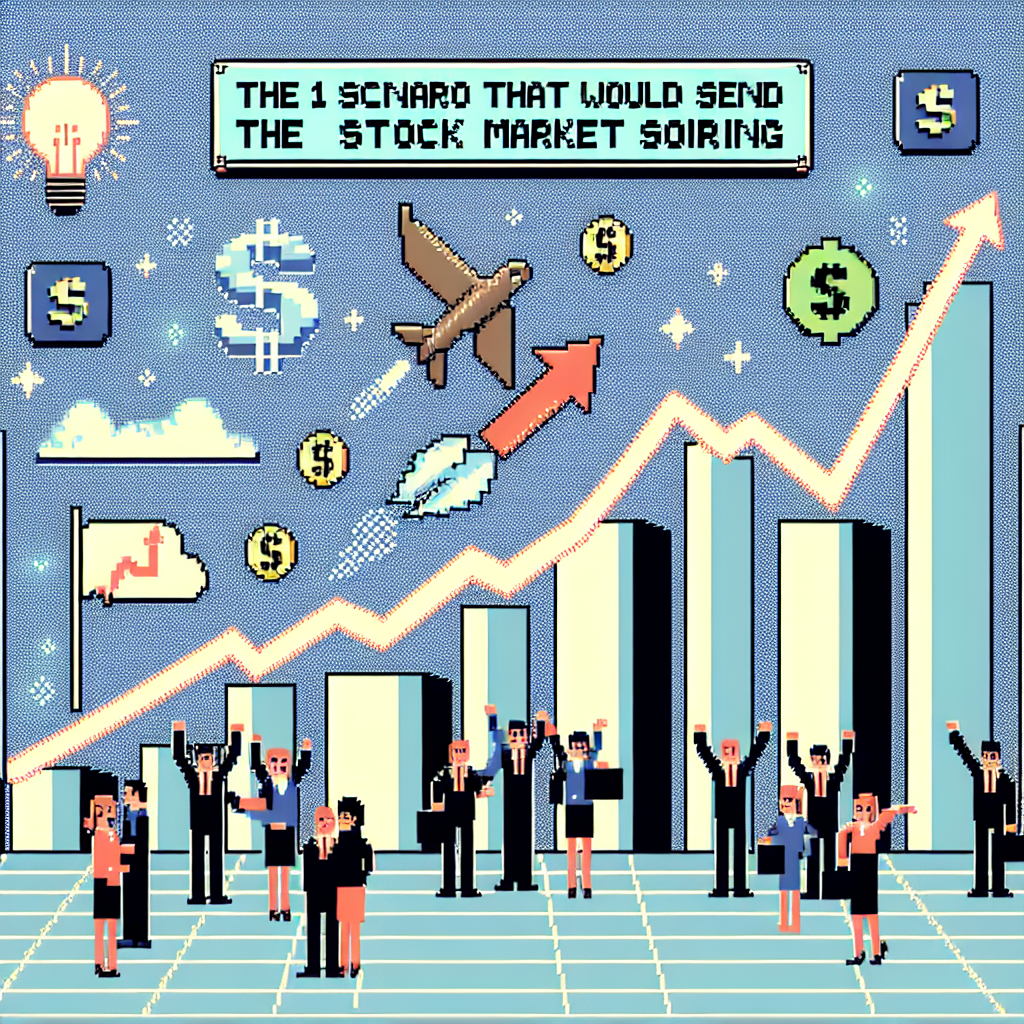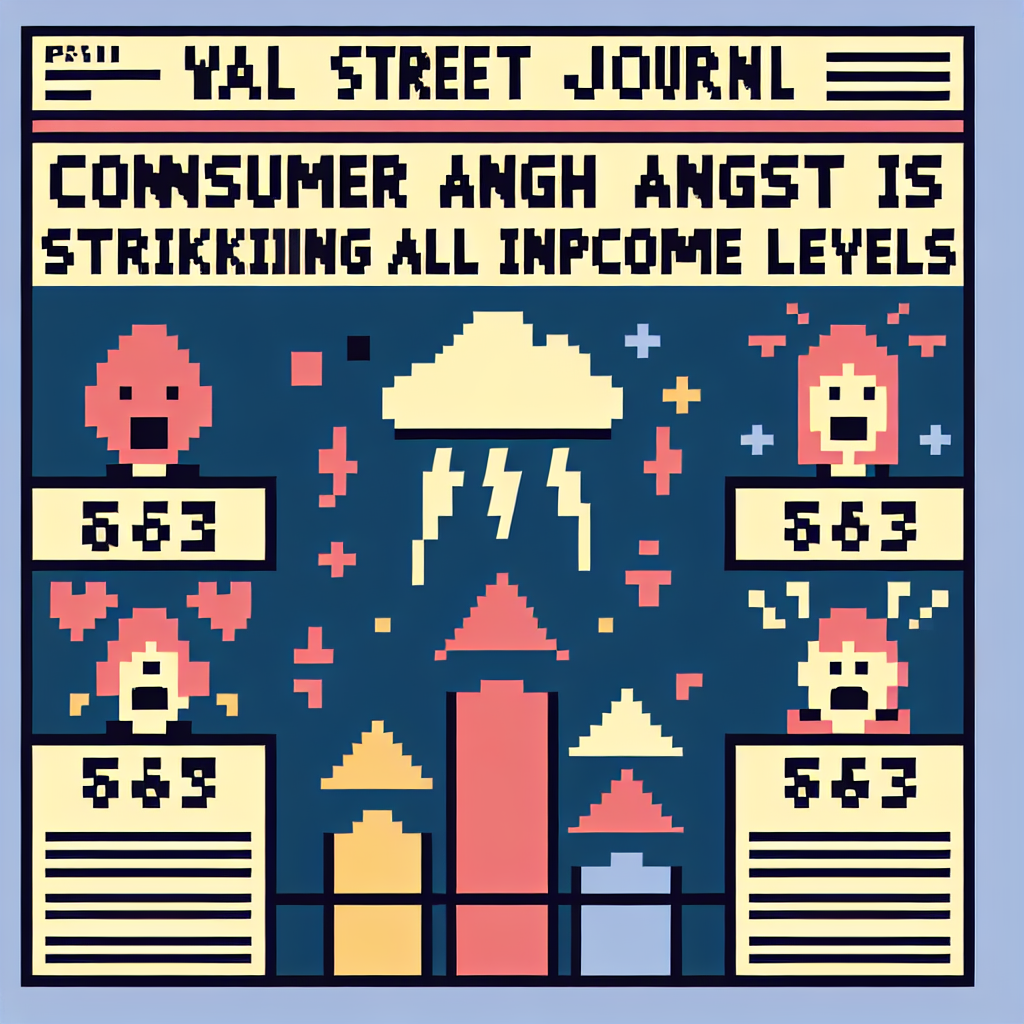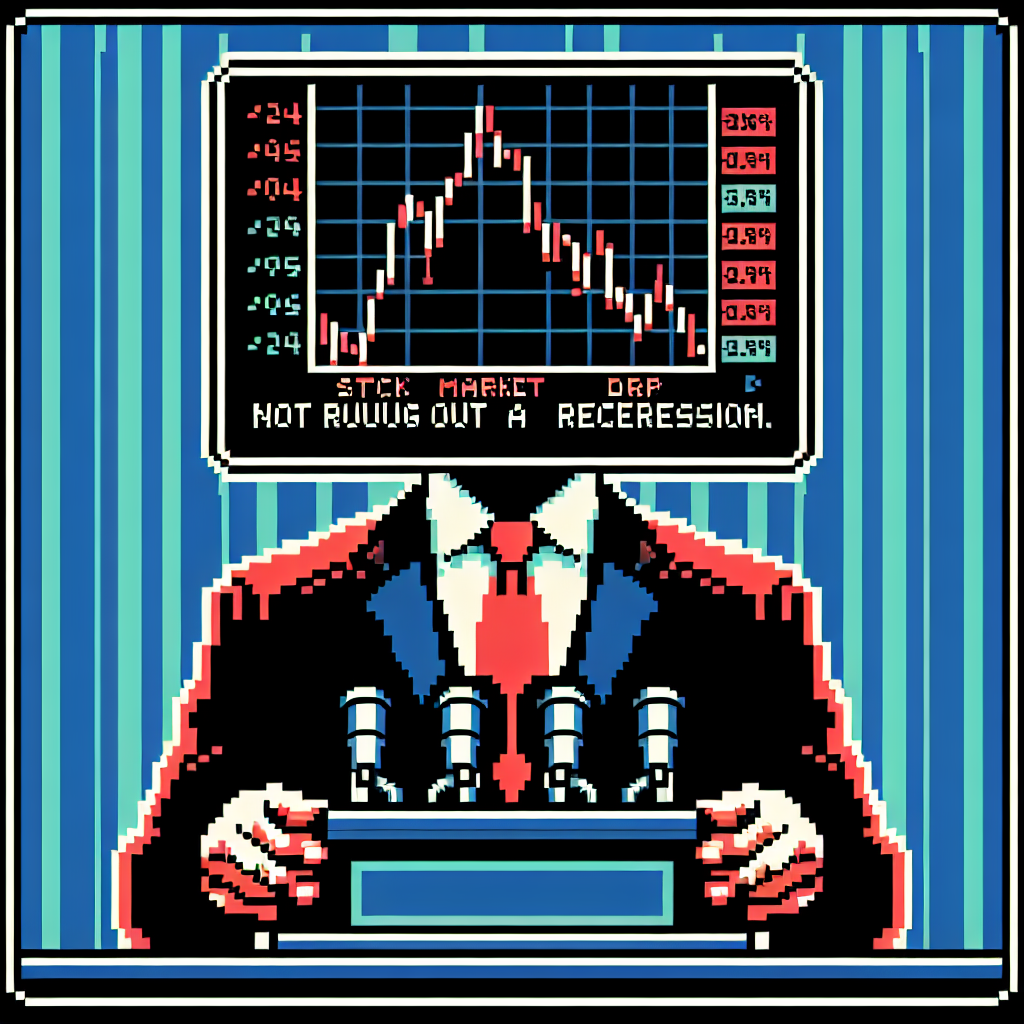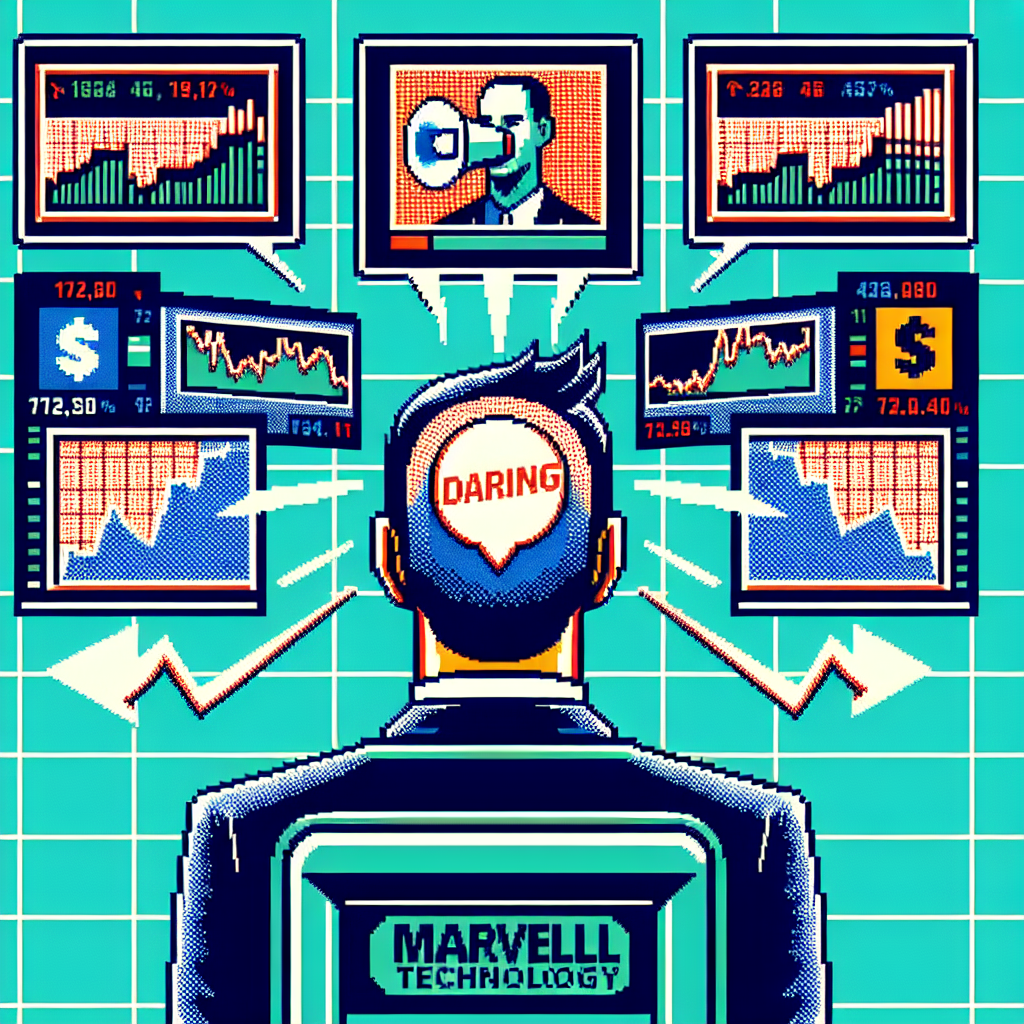Ripple CEO Sees Stablecoins Exploding Globally, Calls for Rapid US Regulation - Bitcoin.com News | Analysis by Brian Moineau
The Ripple Effect: Stablecoins, Regulation, and the Race to Digital Currency Dominance
In a world that's rapidly digitizing, the race to establish dominance in digital currency is heating up. At the forefront of this conversation is Brad Garlinghouse, CEO of Ripple, who recently shared his perspective on the global explosion of stablecoins and the urgent need for regulatory clarity in the United States. With stablecoins gaining traction worldwide, Garlinghouse warns that without decisive action, the U.S. might find itself playing catch-up in the digital currency arena.
The Global Stablecoin Surge
Stablecoins, digital currencies pegged to stable assets like the U.S. dollar, have been exploding in popularity. Their promise of stability combined with the efficiency of blockchain technology makes them an attractive option for both consumers and businesses. According to [The Block](https://www.theblock.co/), the total supply of stablecoins has surged, driven by increased demand for digital assets and the growing adoption of decentralized finance (DeFi).
Ripple's Position in the Digital Currency Ecosystem
Ripple, well-known for its digital payment protocol and cryptocurrency XRP, has long been a significant player in the blockchain space. Under Garlinghouse's leadership, Ripple has pushed for broader adoption of digital currencies and blockchain technologies. Garlinghouse is no stranger to regulatory challenges; Ripple has been embroiled in a high-profile legal battle with the U.S. Securities and Exchange Commission (SEC) over whether XRP should be classified as a security. This legal tussle underscores the broader need for clear regulatory frameworks in the U.S.
The Call for Rapid Regulation
Garlinghouse's call for rapid regulatory action in the U.S. is not without precedent. Countries like China and those in the European Union are already moving swiftly to establish their digital currency frameworks. For instance, China has been piloting the digital yuan, while the EU is making strides with its Digital Euro project. These developments highlight the global momentum towards digital currency adoption and the potential risks of the U.S. lagging behind.
In the U.S., regulatory clarity remains a pressing issue. While some progress has been made, such as the introduction of the [STABLE Act](https://www.congress.gov/bill/116th-congress/house-bill/8827), aimed at providing a regulatory framework for stablecoins, much work remains. Garlinghouse's message is clear: without a cohesive strategy, the U.S. risks losing its competitive edge in this digital revolution.
A Broader Perspective: Digital Currency and Global Trends
The conversation around stablecoins and digital currencies is part of a larger global trend towards digital transformation. In the wake of the COVID-19 pandemic, businesses and consumers alike have accelerated their adoption of digital solutions. From remote work to online payments, the shift towards a digital-first economy is undeniable.
Additionally, the rise of stablecoins can be linked to the growing interest in DeFi platforms, which offer decentralized financial services without traditional intermediaries. These platforms are reshaping how financial transactions are conducted, offering more inclusive and accessible financial solutions.
Final Thoughts
As we stand on the cusp of a new era in digital finance, the importance of regulatory clarity cannot be overstated. Brad Garlinghouse's call to action serves as a reminder that the digital currency race is not just a technological competition; it's also a regulatory one. Without clear rules and guidelines, the potential for innovation is stifled, and the risk of falling behind is real.
In conclusion, the global surge in stablecoins presents immense opportunities and challenges. As nations around the world embrace this digital transformation, the U.S. must act swiftly and decisively to ensure it remains a leader in the digital currency space. The future is digital, and the time for action is now.
Read more about AI in Business
